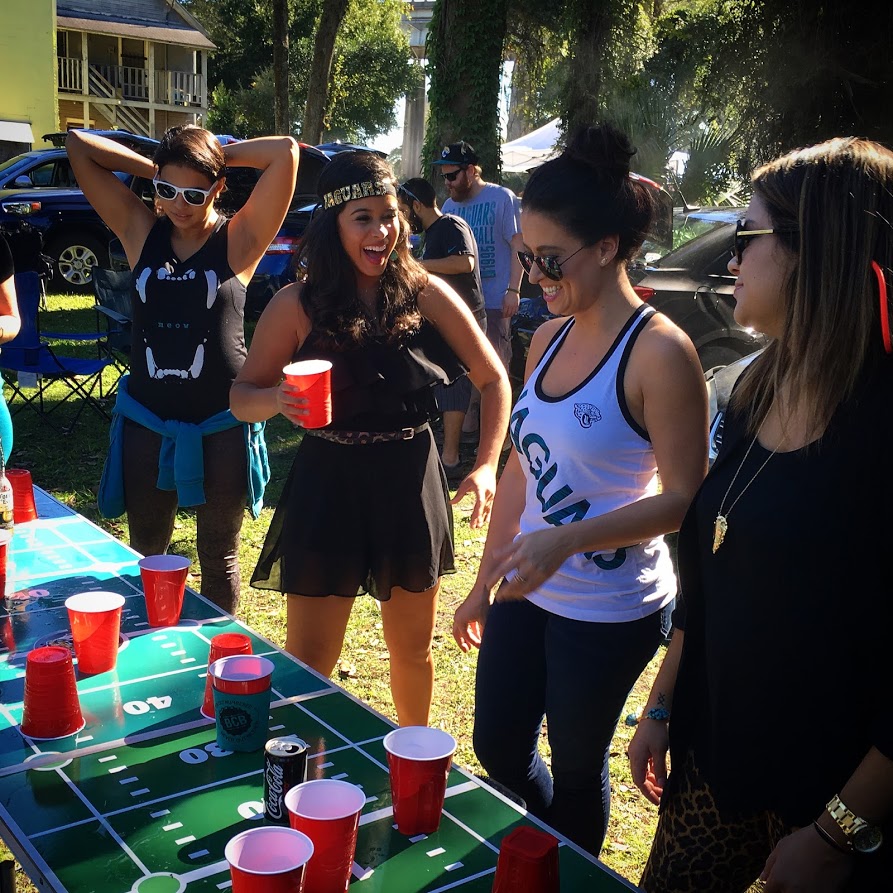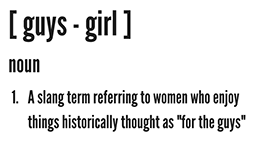Its that time of the year again. When words like bracketology and March Madness are thrown around on a daily basis. This time may be very annoying to some as normal TV programs are interrupted by college kids running up and down a basketball court.
But you don’t have to sit on the sidelines this year, with our help you learn all about March Madness and participate in what makes March not just another boring month without football.
March Madness is very simple term that was coined to explain the frenzy that overtakes America as one huge tournament that consists of 68 division one college basketball teams that compete in a one-and-done competition to see who is the best college basketball team in the country.
Win and you move on to the next round, lose and you go home crying in agony. Teams for both the men’s and women’s tournament are chosen by a selection committee, which is comprised of select university athletic directors and conference commissioners. Each tournament has its own committee.
The selection committee meets between the Thursday and Sunday prior to the date selected for the tournament’s first game. The committees job is to filter out the teams deserving of an invitation.
These decisions are announced live on TV in mid-March, otherwise known as Selection Sunday.
The majority of the teams receive an automatic bid into the tournament by winning their respective conference. The selection committee determines the other tournament entries by many different qualifications such as wins on the road, wins vs ranked opponents and how well a team finishes the regular season.
Teams that do not get selected have the possibility to be invited to the National Invitational Tournament (NIT) which most Americans refer to as “Not in Tournament”. The NIT tournament is obviously less prestigious than March Madness.
After the selection process enters the term “bracketology”. Where the teams are put into different “pods” and “seeds” to determine who they will play and what general area of the country they have to travel. The selection committee will try to keep the teams as close to home as possible so more fans can attend thus making more money.
There will be 6 total rounds that winners of each game plays in that cuts down the number of teams by half each time (from 65 to 32-16-8-4-2-1) until a champion is crowned.
Believe it or not, there are actually professional “Bracketologists” out there that get paid to predict the committee’s selections.
After Selection Sunday you only have a couple days to fill in your bracket sheet of who you think will win. Some fans are very scientific about how they fill in your bracket but in reality, it’s nothing to stress about.
With a little intuition and good luck, you’ll do just fine and have a great time competing against friends, family and coworkers.
March Madness Facts
- A No. 16 seed has never won a tournament game.
- A No. 8 seed is the highest seed to win a national championship (Villanova, 1985)
- A No. 11 seed is the highest seed to advance to the Final Four (LSU, 1986).
- No. 1 seeds represent 13 of the 26 national champions between 1979 and 2004.
- The only year that at least one No. 1 seed didn’t advance to the Final Four was 1980.
CBS Sportsline’s tips on mastering your bracket:
- Don’t think that a low-seeded team is going to win because it’s never won, and it’s “the team’s turn.”
- Be on the lookout for injuries. The loss of key players could mean the difference between winning and losing.
- Remain objective. Don’t pick your favorite team to win the whole tournament when it starts out as a No. 16 seed.
- Look back into the past. If two teams played against each other earlier in the season, review the previous games. That could give you a good idea of what could happen again.
If you want to create a group of future bracketologists or you just want to get your feet wet in the whole “March Madness” phenomenon, CBS Sportsline has a great online bracket manager you can participate in for free.
Again the CBS site is pretty much the best place to go and in addition they will guide you through the registration and make it a smooth process.
With this site, you can invite friends to join, customize your scoring system, trash talk with all your friends and most importantly, CBS does all the grunt work for you by calculating who has the most points by the end of the tournament to determine who out of your group did the best.
CBS Sportsline March Madness site






